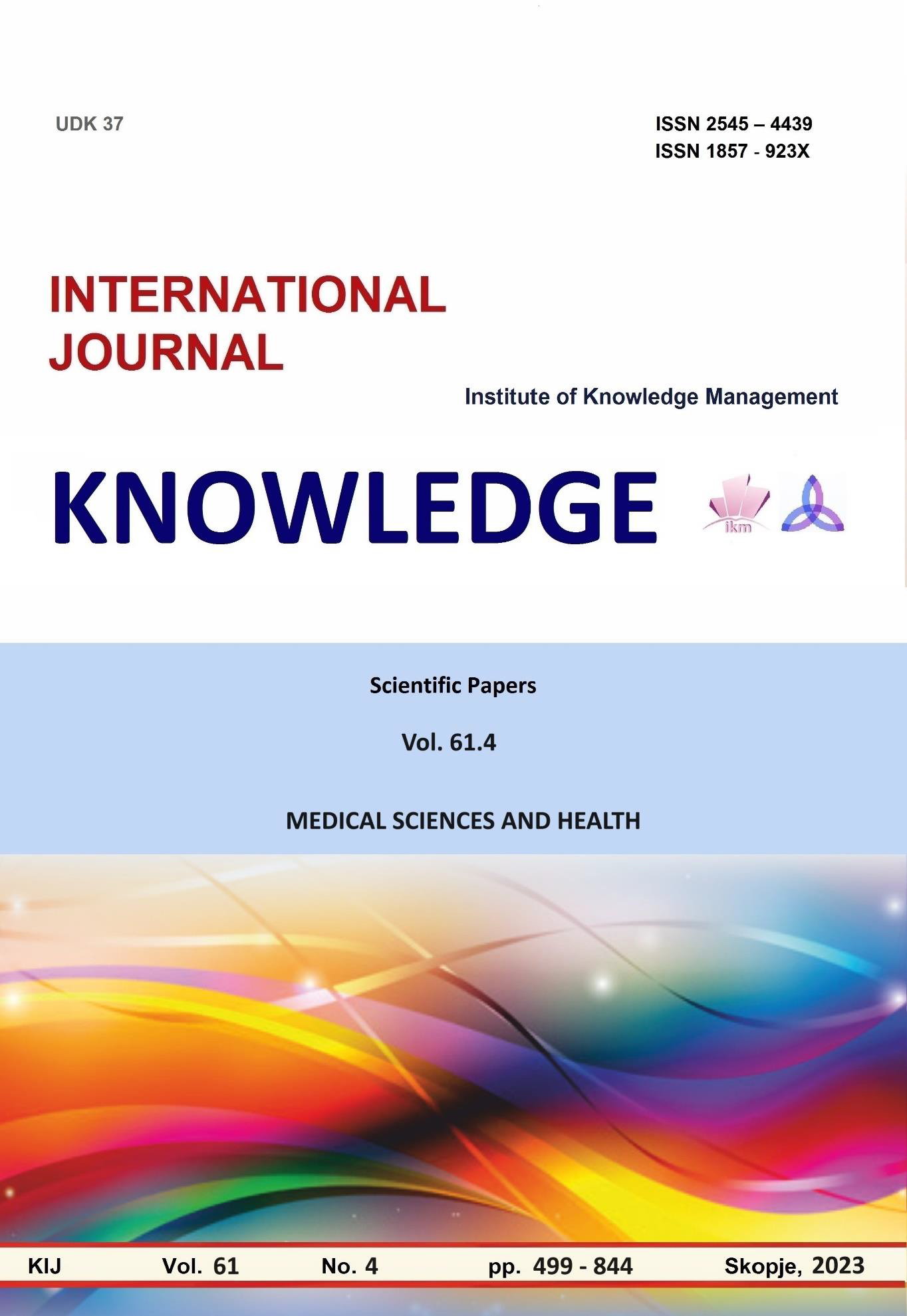THE USE OF ARTIFICIAL INTELLIGENCE IN DENTAL PRACTICE AND PATIENTS’ ATTITUDES TOWARDS IT
THE USE OF ARTIFICIAL INTELLIGENCE IN DENTAL PRACTICE AND PATIENTS’ ATTITUDES TOWARDS IT
Author(s): Iliyan Kostov, Mirela GeorgievaSubject(s): Social Sciences, Health and medicine and law
Published by: Scientific Institute of Management and Knowledge
Keywords: Artificial intelligence;Dental practices;Digital transformation;Patient perception
Summary/Abstract: Artificial intelligence is a broad field that encompasses various techniques and methods aimed at creating intelligent machines capable of performing tasks that typically require human intelligence. AI has definitely been rapidly expanding into the healthcare sector to improve medical care by analysing large amounts of data and providing insights that can aid in diagnosis and treatment decisions and incorporating digital intelligence into medical equipment and instruments can enhance procedures and improve patient outcomes. In conclusion, AI is rapidly advancing in the field of dentistry, offering numerous benefits, but it also brings ethical, privacy, and fairness considerations. The study aims to identify the knowledge and attitude of the patients towards use of AI for diagnostics and treatment in dental practices. Material and methods: The study involved 165 patients with an average age of 39.27 years, ranging from 18 to 60 years. A survey was conducted among patients who visited the clinic for a period of 2 months. The survey is anonymous, but the people who participated in it had to be over 18 years of age. The participants received a written instruction from the survey itself that it was necessary to indicate only one answer to each question. Results: Out of the entire contingent of patients, 114 (69.10%) trust the doctor for an accurate diagnosis, and only 21 (12.72%) rely on an accurate diagnosis made by artificial intelligence (AI), almost 1/5 of the patients (30 people – 18.18%) cannot yet assess where their preferences and trust are leaning. For performing the treatment activities, themselves, more than half of the patients vote trust in the real medical activity - 106 people (64.24%) and only 24 people, which is 14.54%, would trust dental treatment performed by a machine controlled by a computer. Again, more than 1/5 of the respondents cannot decide (35 people – 21.22%), perhaps due to a lack of knowledge and idea about the type of treatment procedures managed by artificial intelligence. Conclusion: The present study assessed the attitude of Bulgarian patients towards use of AI in diagnostics and treatment. The results show that in the traditionally manual profession as dentistry, patients rely in a large percentage (64.24%) on the dental work done by humans. The same applies to making a diagnosis by a doctor - 69.10% trust the doctor's competence and knowledge when making the diagnosis. Still a small percentage of Bulgarian patients believe in AI.
Journal: Knowledge - International Journal
- Issue Year: 61/2023
- Issue No: 4
- Page Range: 587-591
- Page Count: 5
- Language: English

